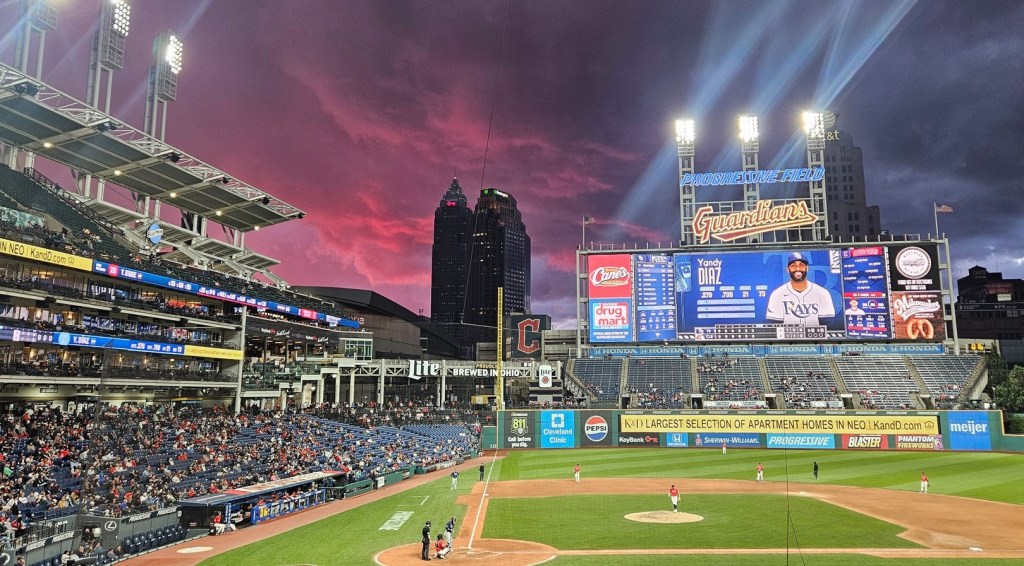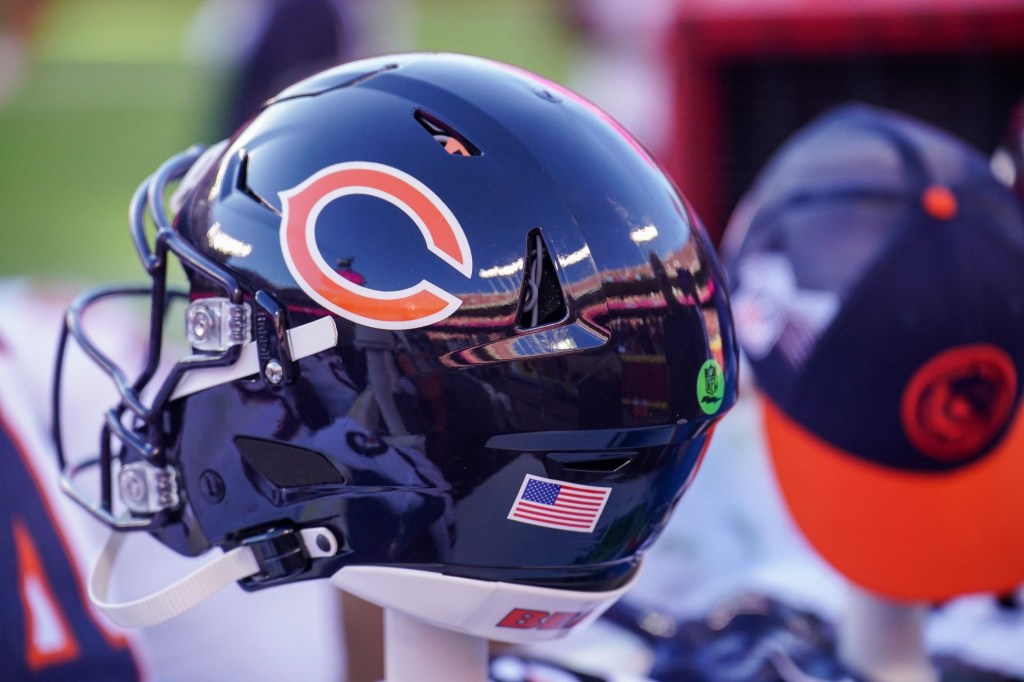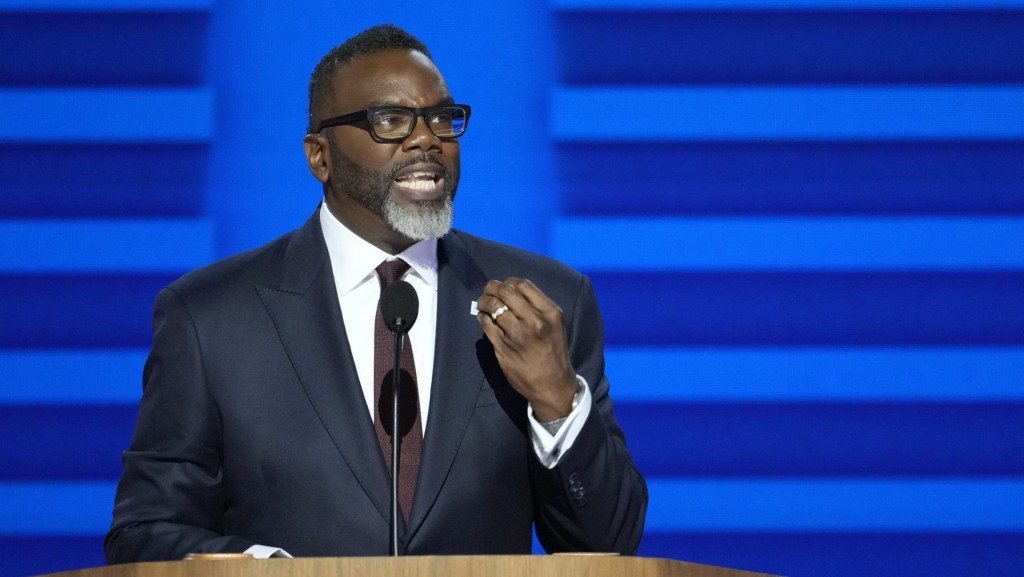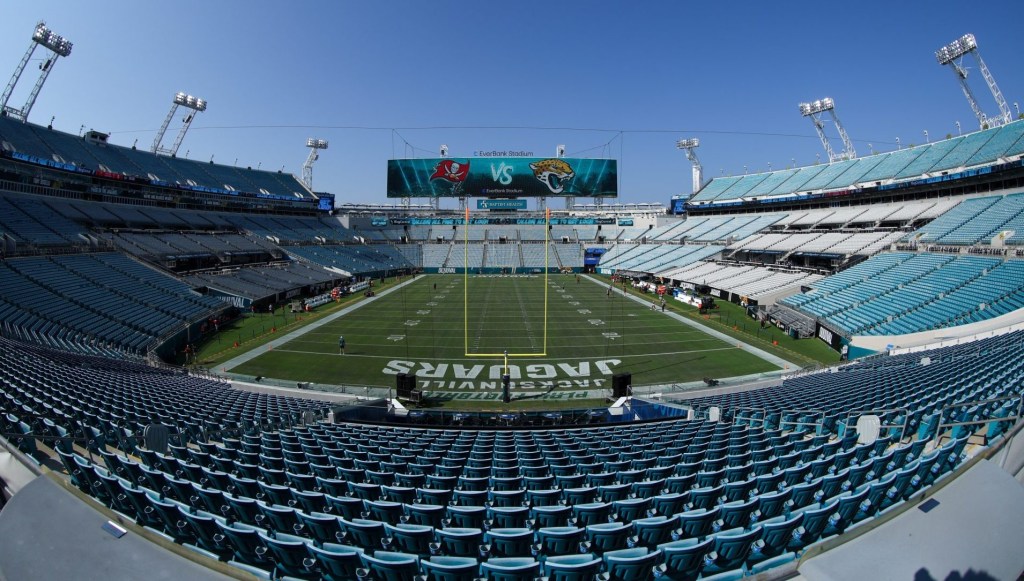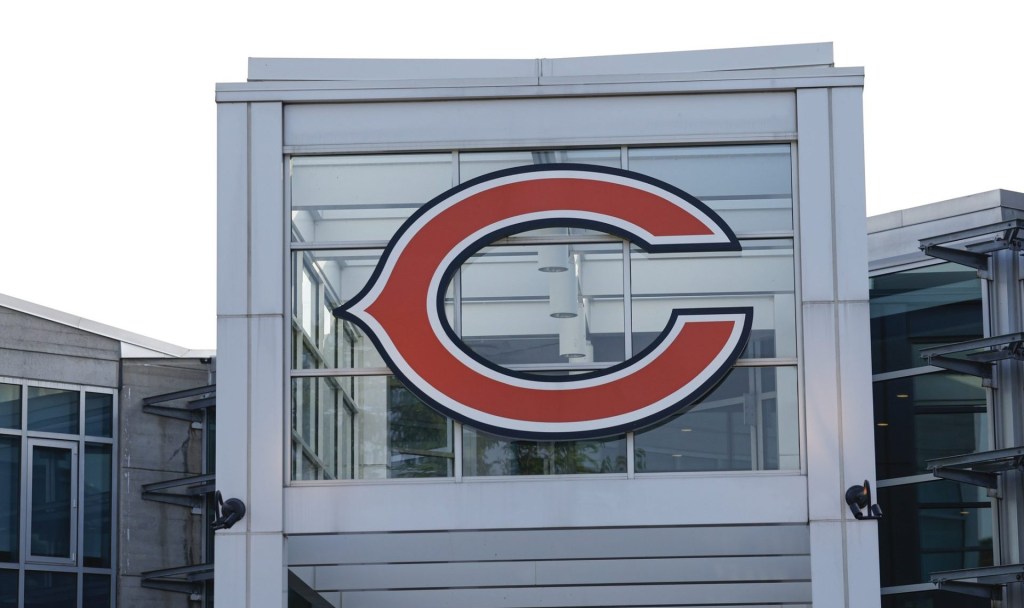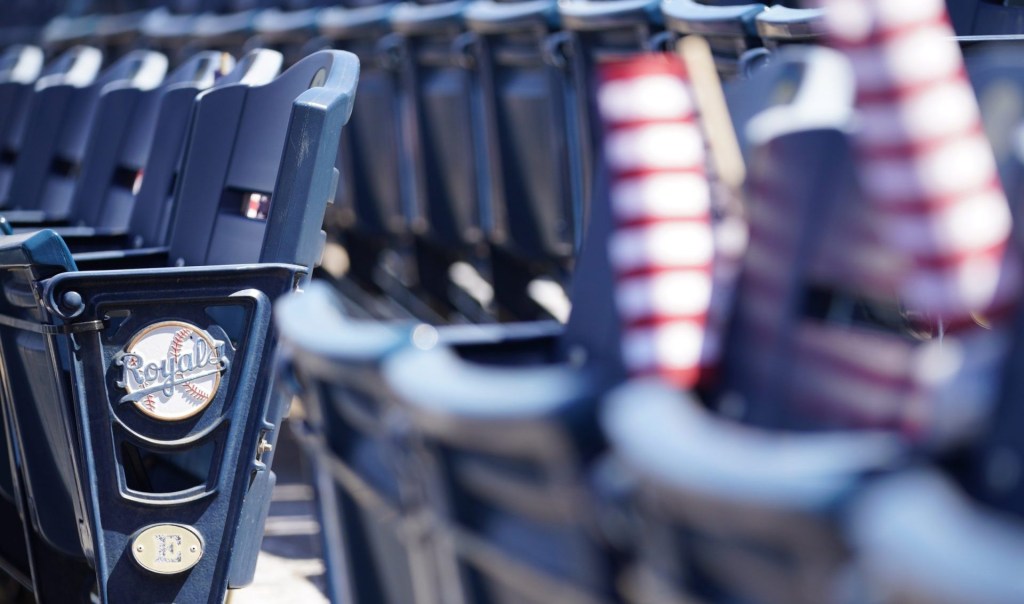Illinois governor J.B. Pritzker has insisted that “Right now, there’s no building any new stadiums” in his state, though the Bears have continued to push for public funding for their $4.7 billion project.
Regardless of whether Pritzker’s attitude pertaining to the development of new stadiums using public funding proves fickle, Illinois’ professional women’s teams will have a legally binding seat at the table.
An amendment—spearheaded by the Chicago Stars FC—to the Illinois Sports Facilities Authority Act was passed on May 31. The bill, which Pritzker’s office told Front Office Sports he will sign, states that if public funds are used to build sports facilities in Illinois, then women’s professional sports teams must be considered.
“Even if we never get a dollar of public funding, to have it stated in law that if public funding is ever given, we would have a seat at the table means something,” Chicago Stars FC president Karen Leetzow told FOS.
Cubs co-owner Laura Ricketts led group of women in the purchase of the Stars for $60 million nearly two years ago and promptly hired Leetzow to lead the team. Within weeks of her start date, she was struck by public conversations regarding the possibility of public funding for new stadiums for the White Sox and Bears.
She posed a simple question to her peers: “Why aren’t we in the mix?”
When they began researching Illinois legislation they found that the language was vague enough that women’s sports teams could potentially be left out.
Leetzow and the Stars aren’t demanding public funds to build a stadium and practice facility, yet, unlike some of the men’s sports teams in town. Both the Bears and the White Sox have threatened to move their teams out of Chicago if public funding isn’t approved to build new stadiums, despite taxpayers still being on the hook for the construction of Guaranteed Rate and renovations to Soldier Field. (The Illinois Sports Facilities Authority still owes $50 million on Guaranteed Rate Field—opened in 1991—and $589 million in renovations to Soldier Field.)
The Stars don’t even have a piece of land or proposal ready to present. The significance of this legislation was to lay the groundwork for when they are, which Leetzow says is going to “take a while.”
The Stars’ current lease at SeatGeek Stadium in Bridgeview will expire in December, at which point they will pursue interim solutions. Leetzow said those plans do not include them staying at SeatGeek in 2026. They will instead pursue temporary options in the “greater Chicagoland area,” while they finalize plans for their own stadium and facility, which she hopes to announce by the end of the year.
While Pritzker has repeatedly affirmed public funding for stadiums in Illinois is at a standstill, there is an argument to be made for funding women’s sports facilities because they will need far less money. The Bears for example have sought about half of their proposed billion-dollar project from taxpayers. By comparison, the Kansas City Current’s CPKC Stadium—the first women’s sports stadium built in the U.S.—cost $117 million. It was primarily privately funded by ownership, but received a small amount of public funding in tax credits.
When asked if there’s a world where the Stars could be approved for public funding because their ask would be modest compared to the Bears, Leetzow said “100%.”
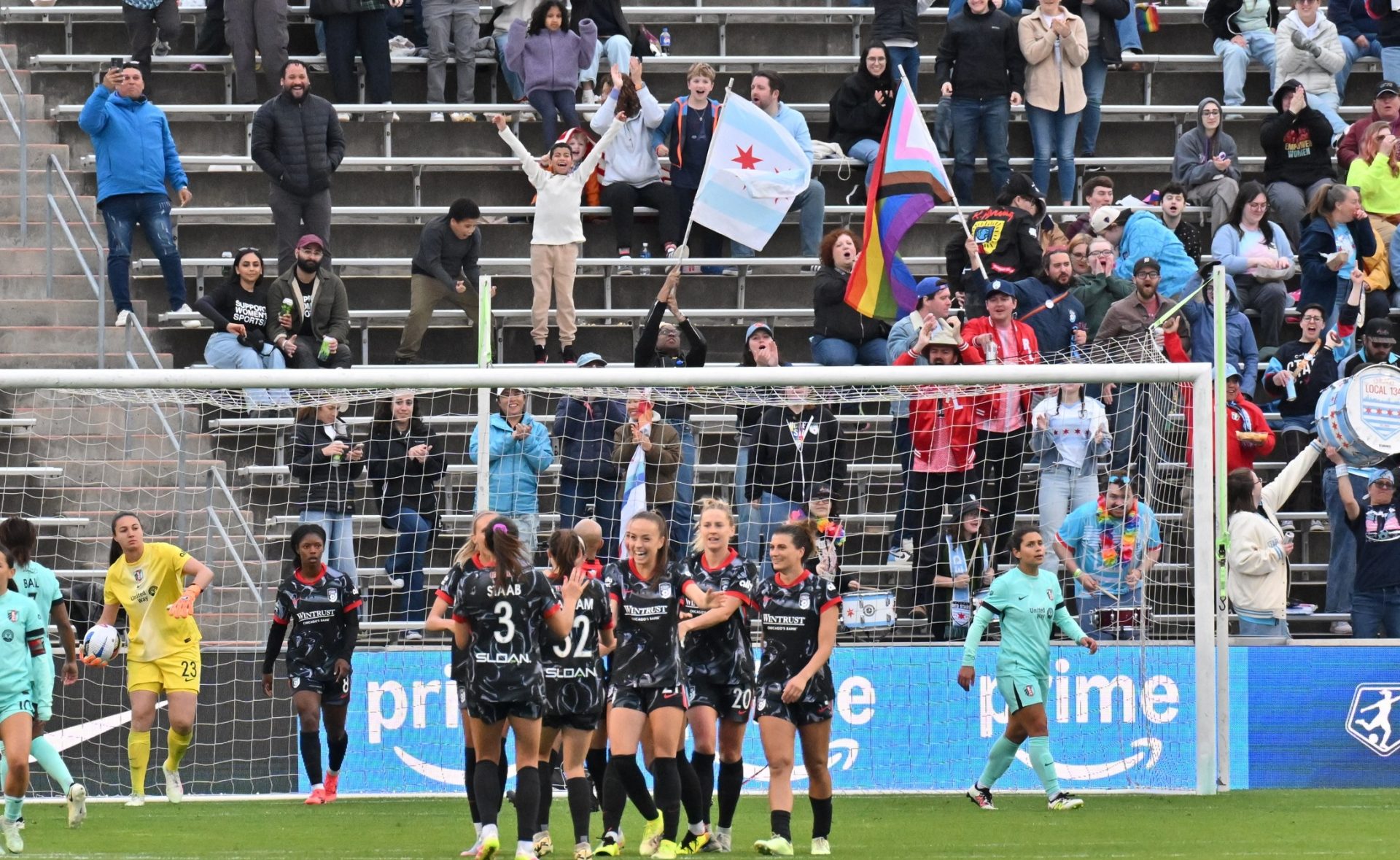
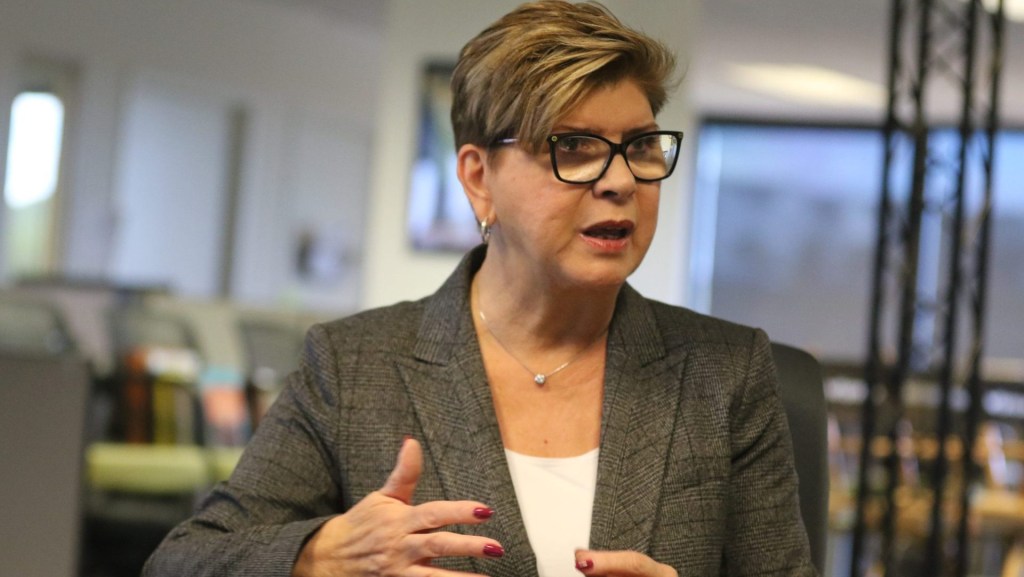
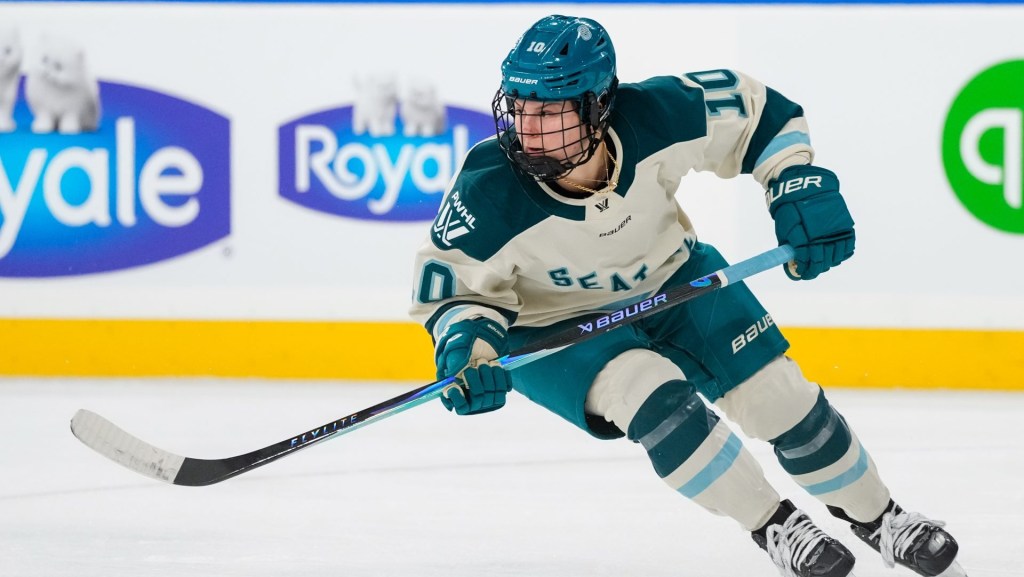
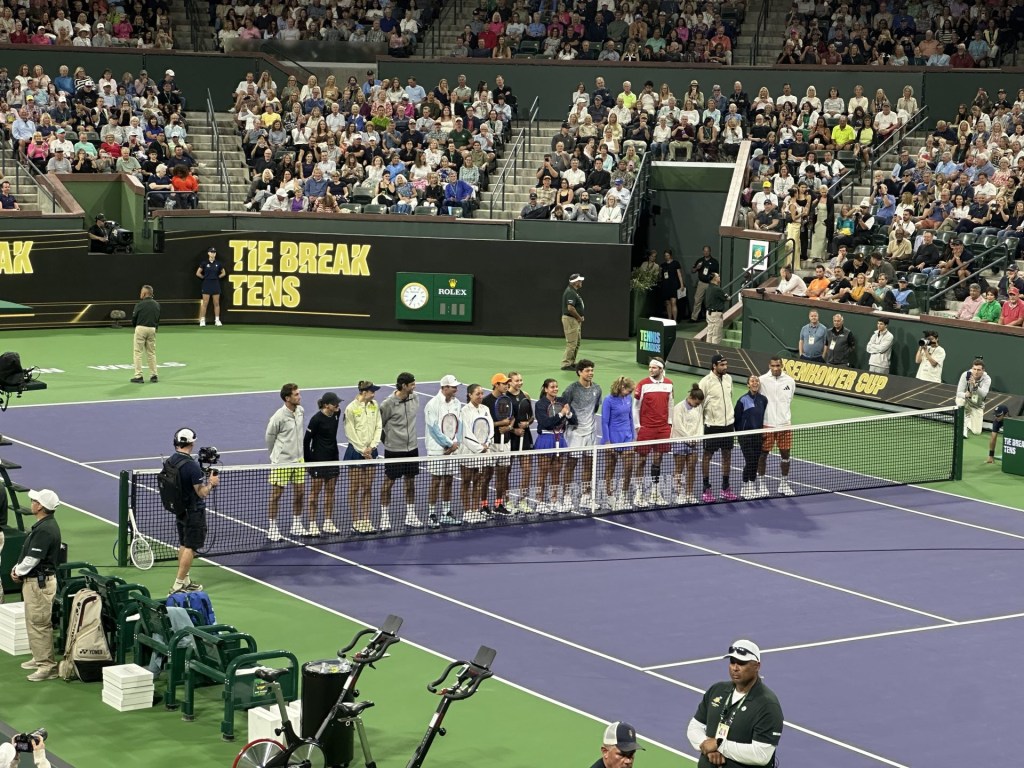



![[Subscription Customers Only] Jun 15, 2025; Seattle, Washington, USA; Botafogo owner John Textor inside the stadium before the match during a group stage match of the 2025 FIFA Club World Cup at Lumen Field.](https://frontofficesports.com/wp-content/uploads/2026/02/USATSI_26465842_168416386_lowres-scaled.jpg?quality=100&w=1024)
![[Subscription Customers Only] Jul 13, 2025; East Rutherford, New Jersey, USA; Chelsea FC midfielder Cole Palmer (10) celebrates winning the final of the 2025 FIFA Club World Cup at MetLife Stadium](https://frontofficesports.com/wp-content/uploads/2026/02/USATSI_26636703-scaled-e1770932227605.jpg?quality=100&w=1024)
